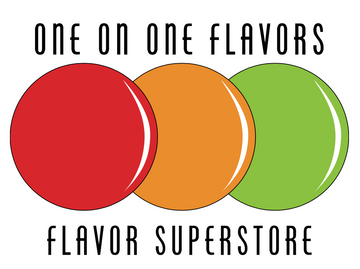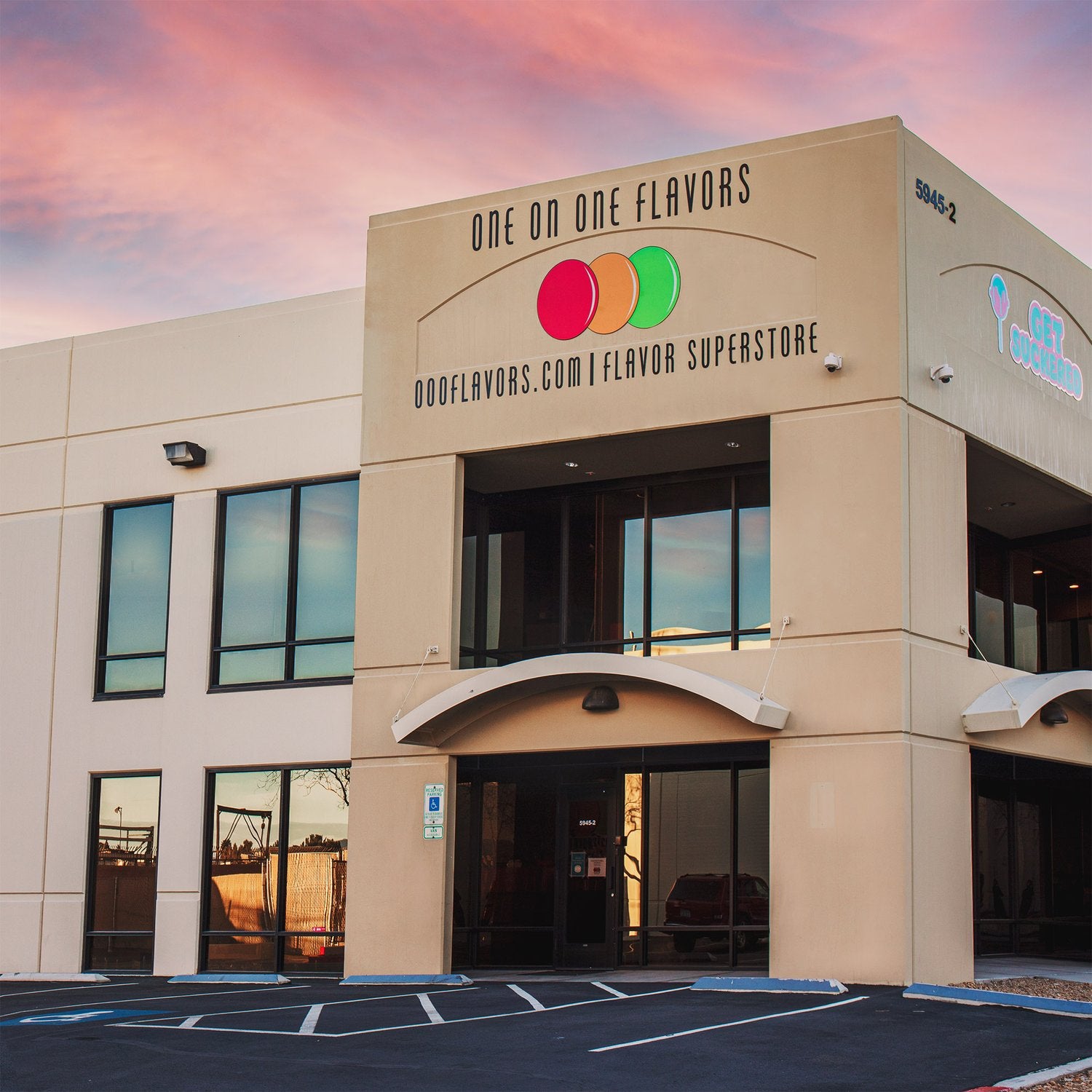When it comes to flavoring your favorite recipes, you may have come across both extracts and emulsions. While they may seem similar, these two types of flavorings have distinct differences that can affect the outcome of your baked goods, beverages, and other culinary creations. Knowing when to use each one ensures you get the best flavor and performance in your recipes.
🌿 What is an Extract?
An extract is a flavoring made by steeping an ingredient (such as vanilla beans, almonds, or citrus peels) in an alcohol or water-alcohol solution to capture its essence. Extracts are commonly used in baking and cooking because of their concentrated flavor and long shelf life.
Pros of Extracts:
✔ Strong flavor that holds up well in recipes.
✔ Long shelf life due to alcohol-based preservation.
✔ Versatile – great for both cooking and baking.
Cons of Extracts:
❌ Alcohol content may evaporate at high temperatures, causing some flavor loss.
❌ Can be overpowering if used in excess.
🍰 What is an Emulsion?
A flavor emulsion is a water-based flavoring that uses a combination of flavor compounds and stabilizers to create a uniform mixture. Unlike extracts, emulsions do not contain alcohol, making them a great choice for recipes that require a more stable flavor under heat.
Pros of Emulsions:
✔ Heat-stable – retains flavor better in high-temperature baking.
✔ More intense and long-lasting flavor compared to extracts.
✔ Water-based formula blends seamlessly into frostings, icings, and other liquid-based recipes.
Cons of Emulsions:
❌ Shorter shelf life compared to alcohol-based extracts.
❌ Not ideal for some beverages that require alcohol for proper mixing.
🔄 When to Use an Extract vs. an Emulsion
- For Baking: Use an emulsion for cakes, cookies, and pastries to retain the best flavor.
- For Cooking: Use an extract when adding flavor to dishes that don’t undergo high heat.
- For Beverages: Extracts mix well with alcohol-based drinks, while emulsions are better for non-alcoholic recipes like shakes or smoothies.
- For Frosting & Icings: Emulsions blend smoothly into buttercreams and glazes.
🛒 Choosing the Right Flavoring
Both extracts and emulsions have their place in the kitchen, and the right choice depends on your specific recipe needs. If you’re looking for stronger, longer-lasting flavor in baking, emulsions are a fantastic choice. However, if you need classic, alcohol-based flavoring for general cooking and beverages, extracts are the way to go.
Want to explore more high-quality flavor options? Check out our collection of flavor concentrates to find the perfect match for your next recipe!


